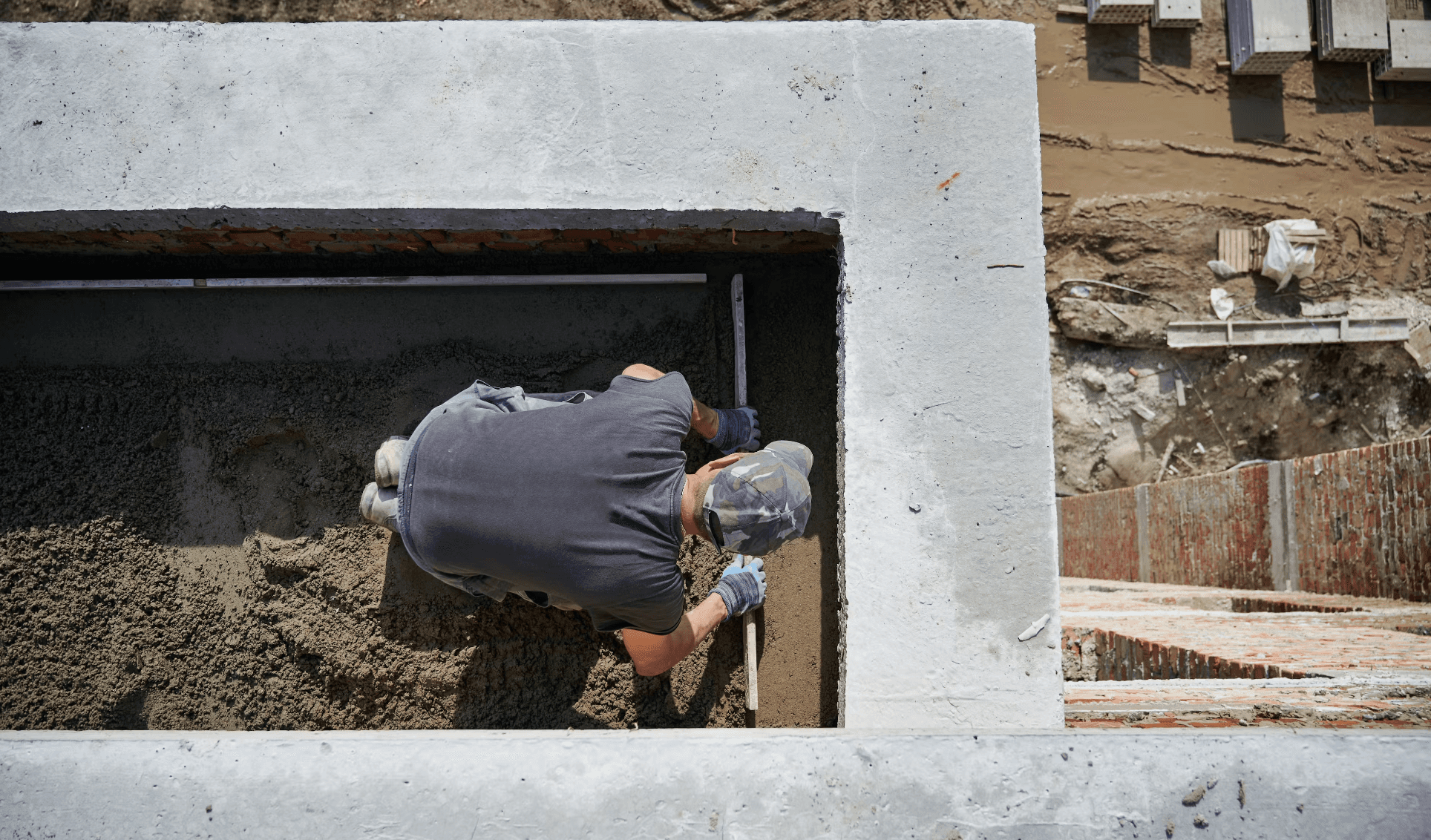Sep 15, 2023
What Makes Up a Contingency Plan for Construction?
A contingency plan, in essence, is an alternative course of action that is set in place to counteract the detrimental impact of potential future events. In the construction industry, a contingency plan is of the utmost importance. With a bevy of factors influencing the successful completion of a project, it's critical to have a fallback plan in case things go awry. This article outlines the key components of a contingency plan in construction - risk assessment, plan development, plan testing, and plan maintenance.
Risk Assessment
Risk assessment is the initial step in developing a contingency plan. This process often involves the identification, evaluation, and prioritization of risks or uncertainties that could postpone, disrupt, or stall construction projects. Everything, ranging from natural disasters like hurricanes, earthquakes, and floods, operational risks such as equipment failure, unexpected site conditions, to financial risks such as inflation or market instability, needs to be taken into account.
To effectively assess risks, construction companies must review project plans, understand the local environment, and have a deep knowledge of the construction industry. They also need to take into consideration the project's timeline, stakeholders, budget, and objectives. An evaluative report that encapsulates all potential risks, their likelihood, and their potential damages forms the crux of this step. Not every project requires a deep dive, but every project would benefit from auxiliary plans.
Plan Development
With the risk assessment report, construction companies can now proceed to formulate a contingency plan. This plan should address each identified risk and present actionable countermeasures. The plan might involve alternative methods to carry on with the construction, reallocation of resources, or renegotiation of contracts.
In essence, the plan should be able to provide solutions and actions that will keep the construction project afloat should any of the identified risks materialize. Another key facet of the plan development phase is communication – the roles and responsibilities of each individual need to be sharply highlighted. Also, the contingency plan shouldn't be static- it must be flexible enough to accommodate changes that surface in the course of the project execution.
Plan Testing
Post-development, it is crucial to test the contingency plan. This typically involves various methods, like conducting drills or simulation exercises, to understand the practicality of the plan. Plan testing helps root out any flaws or snags in the devised plan. It also provides workers with an understanding and familiarity with the plan, enabling quick action during actual emergencies.
Moreover, feedback from the testing phase can be used to monitor the contingency plan’s efficiency and for further amendments, if necessary. For smaller companies, plan testing is done simply by executing on it. Plan testing is more beneficial for larger teams and areas where there is mixed dependencies.
Plan Maintenance
The final step in contingency planning involves the regular reconsideration and updating of the contingency plan. Construction projects are dynamic, and the associated risks can change over time. To ensure that the contingency plan remains relevant and useful, it is important to review and revise it regularly.
The same should be said of your other business practices. Regular maintenance includes incorporating changes in project scope, budget, or timeline, as well as shifts in the political, legal, or natural environment. Lastly, updates based on the learnings from the plan testing stages also form an essential part of the plan maintenance.
In conclusion, every construction project is unique, but a carefully thought out contingency plan can ensure that no matter the problem, the project can still reach completion in the most efficient manner.






